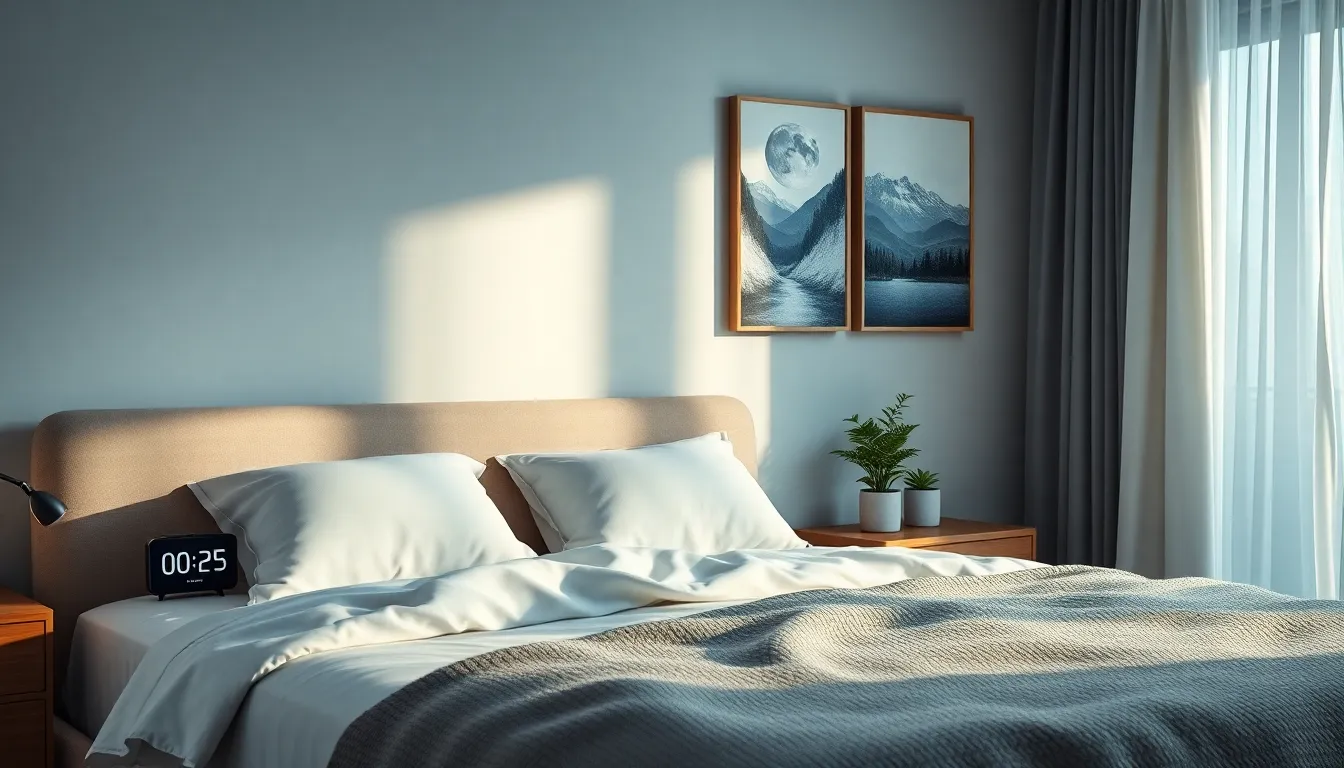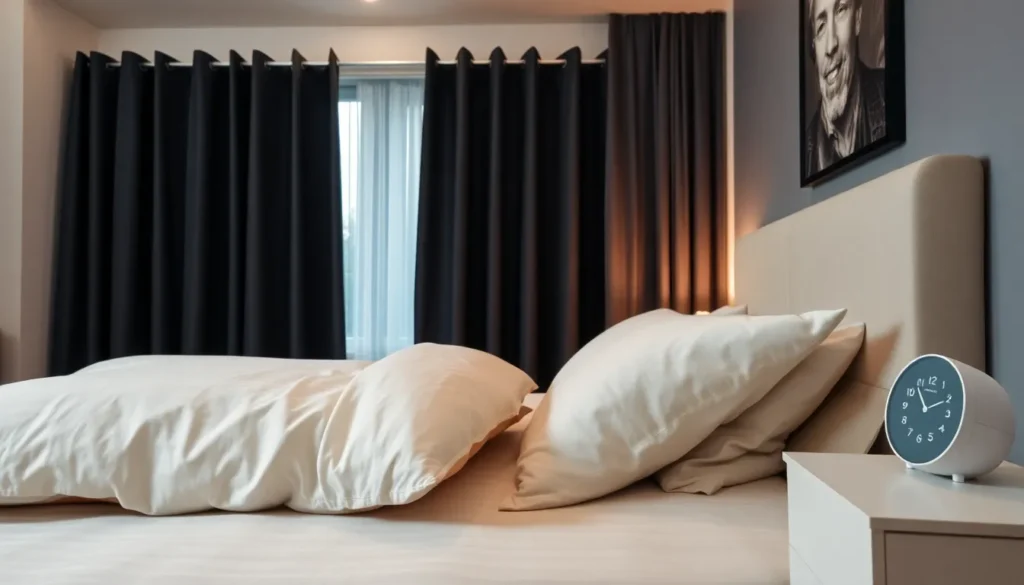Picture this: It’s been a long day filled with meetings, chores, and perhaps a bit too much caffeine. As night falls, all you desire is a restful escape into dreamland. Welcome to the world of sleepy nights. Everyone knows that quality sleep is essential, yet so many are tossing and turning instead of peacefully drifting away. Let’s explore the art of embracing restful nights, one cozy tip at a time.
Table of Contents
ToggleThe Importance of Quality Sleep

Understanding Sleep Cycles
Sleep is not just a luxury: it’s a necessity. Our bodies operate on complex sleep cycles, comprised of several stages that include light sleep, deep sleep, and REM sleep. These stages play a crucial role in how well rested someone feels upon waking. The first cycle tends to last about 90 minutes, and with each subsequent cycle throughout the night, the duration of REM sleep increases. To optimize restful nights, it’s important to indulge in these cycles without interruptions. Remember, incomplete sleep cycles can leave one feeling groggy and less than delightful in the morning.
The Health Benefits of Sleep
Quality sleep brings a treasure trove of health benefits. A well-rested body promotes better immune function, enhances memory retention, and improves mood stability. Studies have shown that individuals who prioritize sleep often enjoy lower stress levels and sharper mental clarity. But, sleep deprivation can lead to numerous health issues, including obesity, diabetes, and heart disease. Clearly, investing in a sleepy night is an investment in one’s long-term health.
Creating a Sleep-Friendly Environment
Essential Elements for a Comfortable Sleep Space
Creating a sanctuary for sleep is essential in today’s fast-paced world. A cool, dark room with minimal noise can significantly improve sleep quality. Consider investing in blackout curtains to block out the morning sun and a white noise machine or fan to mask disruptive sounds. A comfortable mattress, supportive pillows, and breathable bedding complete the perfect sleep nest. Even little adjustments like decluttering the bedside table can contribute to a more restful atmosphere.
Tips for Reducing Sleep Disruptions
While some disturbances are unavoidable, many can be managed effectively. Avoid heavy meals, caffeine, and screens before bedtime. Establishing a wind-down period where electronics are turned off can signal to the brain that it’s time to relax. Likewise, consistent sleep schedules are vital. Going to bed and waking up at the same times, yes, even on weekends, can help regulate the body’s internal clock, making sleepy nights a certainty.
Establishing a Relaxing Bedtime Routine
Techniques to Wind Down Before Bed
A relaxing bedtime routine can be one of the best ways to signal the body it’s time to sleep. Engaging in calming activities, such as reading a book, taking a warm bath, or practicing gentle stretches, can ease stress and promote relaxation. It’s crucial to create personal rituals that help one unwind. For instance, dimming the lights an hour before bed fosters a gradual transition into sleep mode.
Mindfulness and Relaxation Practices
Mindfulness and relaxation techniques also hold keys to sleepy nights. Practices like meditation, deep breathing, or progressive muscle relaxation can calm the mind and body, alleviating the burdens of the day. Just a few minutes of these activities can prepare a person for restorative sleep. With consistency, these methods can become powerful tools in cultivating a blissful state of restfulness.
Common Sleep Disorders and Solutions
Identifying Sleep Disorders
Even though best efforts, some still find quality sleep elusive. Conditions like insomnia, sleep apnea, and restless leg syndrome affect many people. Recognizing the symptoms is the first step towards addressing the problem. For example, individuals with sleep apnea often snore loudly or feel fatigued after a full night’s sleep, while those with insomnia may have trouble falling or staying asleep.
Seeking Professional Help
When self-help methods fail to yield restful nights, consulting a sleep specialist might be the key. Sleep studies can help pinpoint issues and lead to tailored treatment options. Many solutions exist, from lifestyle adjustments and therapy to medications, providing various avenues for those struggling to reclaim their sleep.




